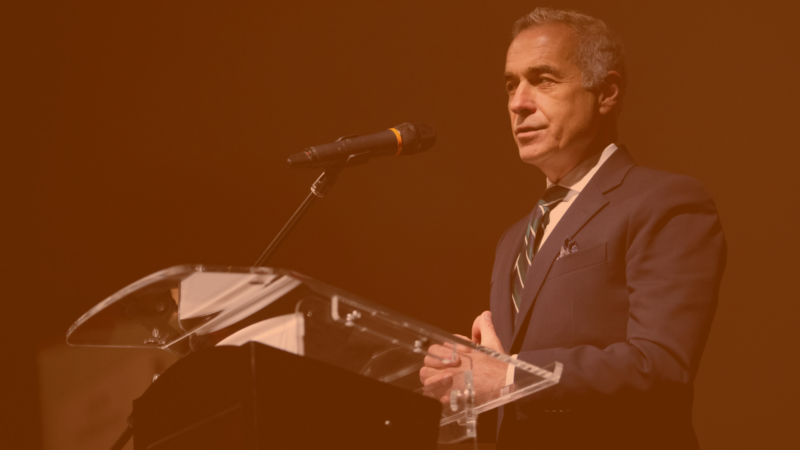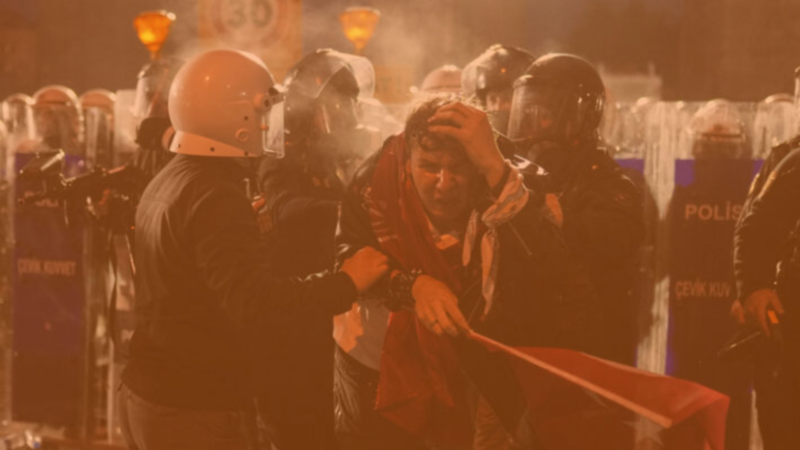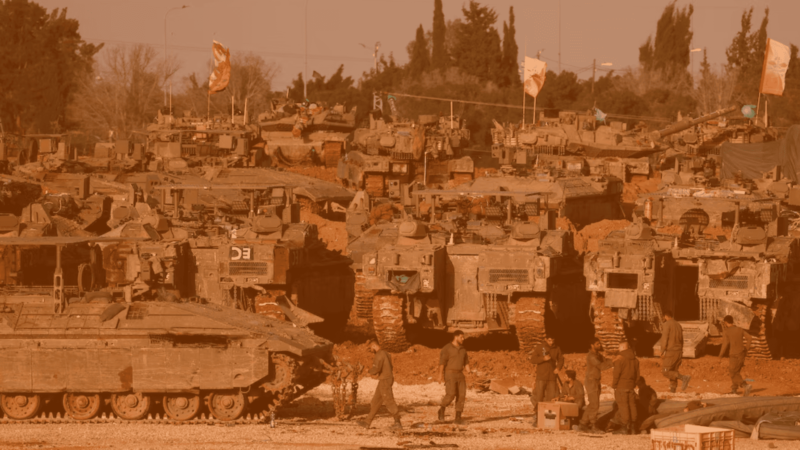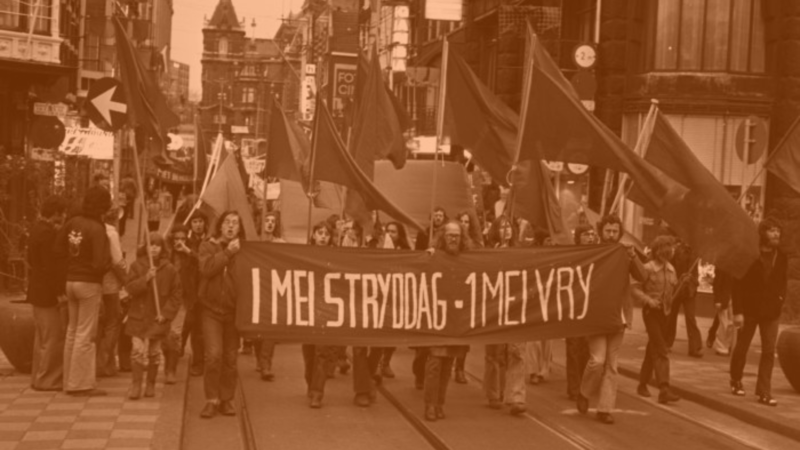Yanis Varoufakis has raised alarms about the current trajectory of European rearmament, stating that the notion of achieving “peace through strength” by increasing military capacity could lead to detrimental consequences for Europe and the world.
The flaws of European strategy
Varoufakis articulated his concerns regarding the European Union’s military strategy in response to geopolitical tensions. He argues that the current push for rearming, spearheaded by Germany, risks creating a “weaker and more totalitarian Europe,” plunging the continent into a deep economic crisis. This focus on military capabilities is magnetising impoverished working and lower middle classes, which could potentially lead to a destabilising political landscape.
The failure of Plan A
Reflecting on the European Union’s response to the Ukraine crisis, Varoufakis explains that the only strategic goal initially considered was a NATO-assisted war effort that would push Russia back to its borders pre-2014, paving the way for Ukraine to join NATO. However, this plan evaporated, especially with the reelection of Donald Trump, who clearly turned away from traditional European alliances.
“Europe weakened by two decades of economic stagnation, is struggling to come to terms with the fact that President Trump has abandoned Europe to its illusions and delusions,” Varoufakis states, highlighting the dire need for Europe to shift focus.
The lack of political infrastructure
A significant point raised is the structural inadequacy of the European Union. Varoufakis notes, “Europe lacks a proper treasury… and a parliament with the power to fire the executive.” Without these crucial elements, Europe is at a significant disadvantage on the geopolitical stage.
An alternative approach
Instead of continuing down the path of militarisation, Varoufakis suggests an alternative three-pronged peace process:
- Rejection of Predatory Practices: Clearly oppose Trump’s exploitative interest in Ukraine’s resources.
- Strategic Negotiations with Russia: With potential participation from Beijing, develop a comprehensive agreement that assures Ukraine’s sovereignty and neutrality, similar to Austria during the Cold War.
- Creation of a Demilitarised Zone: Establish a substantial neutral area near Russia and Ukraine’s borders, facilitating peaceful coexistence akin to the Good Friday Agreement in Northern Ireland.
Conclusion
Yanis Varoufakis’s insights urge Europe to reconsider its stance on military expansion. Instead of pursuing rearmament, which threatens to unravel Europe’s social fabric and geopolitical standing, Varoufakis advocates for a rational peace process. This approach prioritises collaboration, economic stability, and vibrant democracies across Europe, steering clear of the pitfalls of rearmament and authoritarianism.
As Europe stands at a crossroads, DiEM25 echoes these sentiments, stressing the importance of building alliances through dialogue and diplomacy. Let us strive for a Europe that exemplifies peace, not war.
Do you want to be informed of DiEM25's actions? Sign up here















